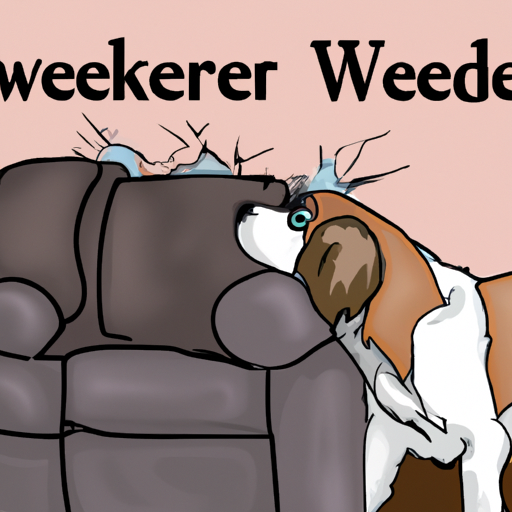As a passionate dog caregiver, you know that understanding your four-legged best friend isn’t always a walk in the park. Dogs, like humans, have fears and phobias that can influence their behavior. Understanding these fears can help you create a safe, comfortable environment for your pet.
1. Loud Noises
Dogs have incredibly sensitive hearing, making them susceptible to being frightened by loud noises. Fireworks, thunderstorms, and loud music can all trigger a fear response in dogs.
- Fireworks and Thunderstorms: The loud, sudden noises and bright flashes of light can be terrifying for dogs.
- Loud Music: Dogs’ hearing is far superior to ours, and what might seem like an acceptable volume to us could be overwhelming for them.
2. Abandonment
Separation anxiety is a common fear among dogs. This fear is often associated with past experiences, such as being left alone for extended periods or abandoned by a previous owner.
- Separation Anxiety: It’s essential to gradually accustom your dog to being alone to prevent separation anxiety.
- Past Trauma: Dogs that have been abandoned may require additional reassurances of safety and love.
3. New People, Places, and Things
Dogs are creatures of habit, and introducing them to new environments, people, or objects can cause stress and fear.
- New Environments: Moving to a new home or even visiting a new park can be stressful for dogs.
- New People: Dogs may be fearful of strangers, especially if they haven’t been adequately socialized.
4. Vet Visits
Vet visits can be a stressful experience for dogs due to the unfamiliar smells, sounds, and the potential for discomfort during examinations.
| Why Dogs Fear Vets | How to Help |
|---|---|
| Unfamiliar Smells | Bring a blanket or toy with familiar scents |
| Strange Sounds | Provide lots of reassurances and treats |
| Discomfort | Discuss any concerns with your vet beforehand |
5. Aging and Health Issues
As dogs age, they may develop fears due to declining health and sensory capabilities.
- Vision Loss: A decline in eyesight can make familiar environments seem scary and unfamiliar.
- Hearing Loss: Dogs may be startled more easily as their hearing declines.
Frequently Asked Questions
1. How can I help my dog overcome their fears?
Start by identifying what’s causing their fear. Then, create a plan to gradually expose them to this fear in a controlled, safe way. Consult with a professional if needed.
2. Can dogs develop new fears as they age?
Yes, dogs can develop new fears as they age, often due to declining health or sensory capabilities.
3. What should I do if my dog’s fear is affecting their quality of life?
If your dog’s fear is severely affecting their quality of life, it’s important to consult with a vet or a dog behaviorist.
Remember, as a caregiver, your role is to provide a safe, comfortable environment for your pet. Understanding what scares them and how to help them cope with these fears is an essential part of this role.



